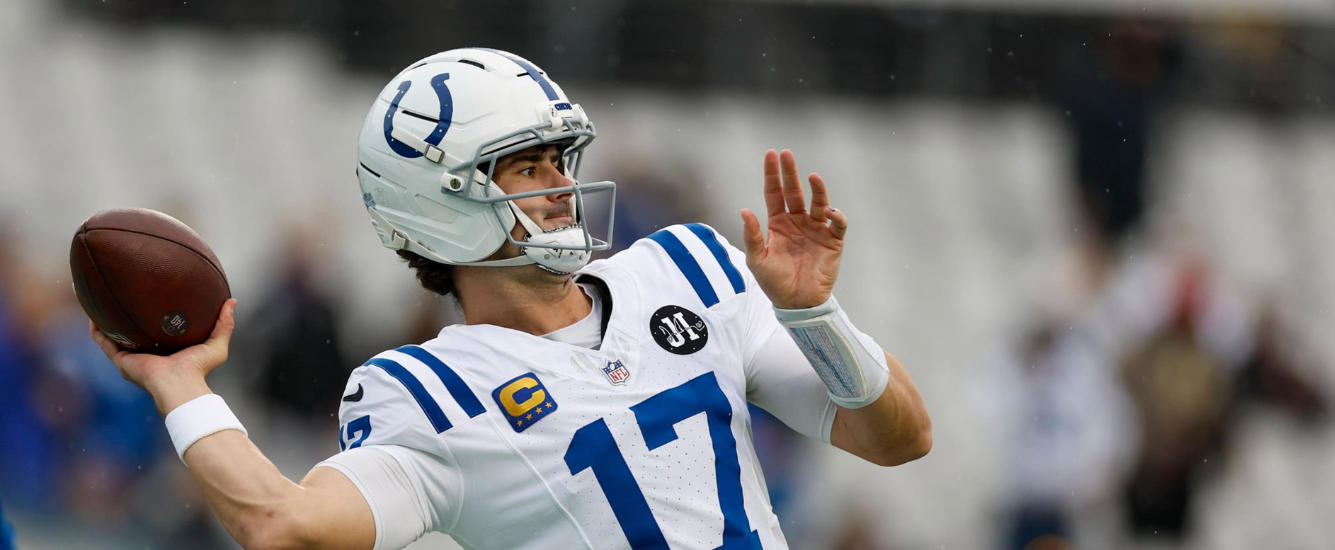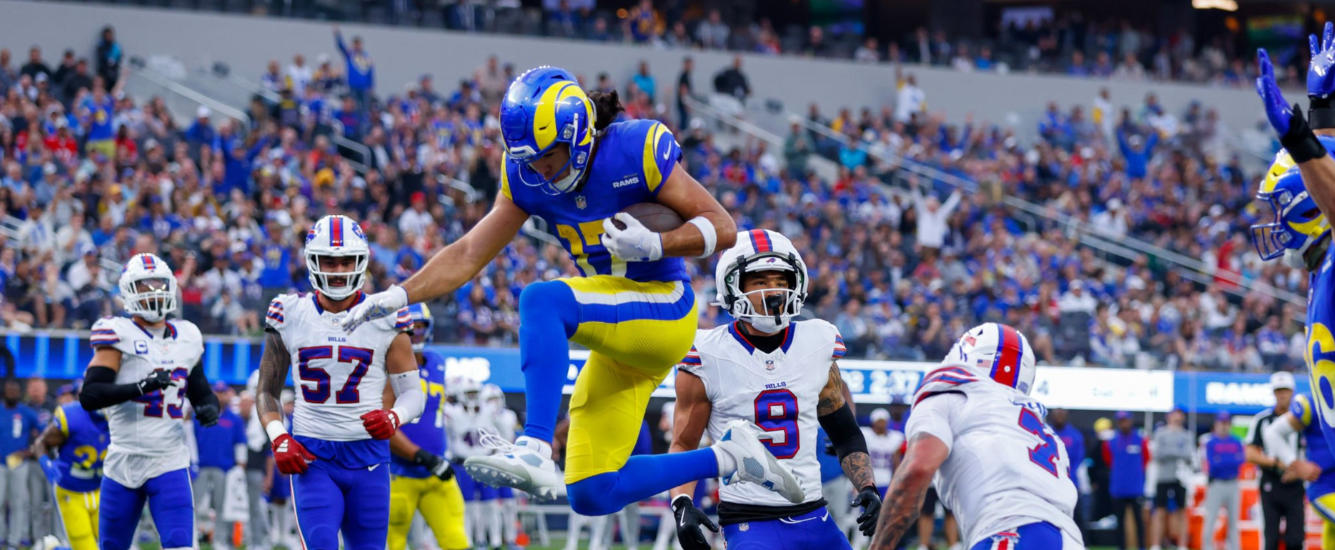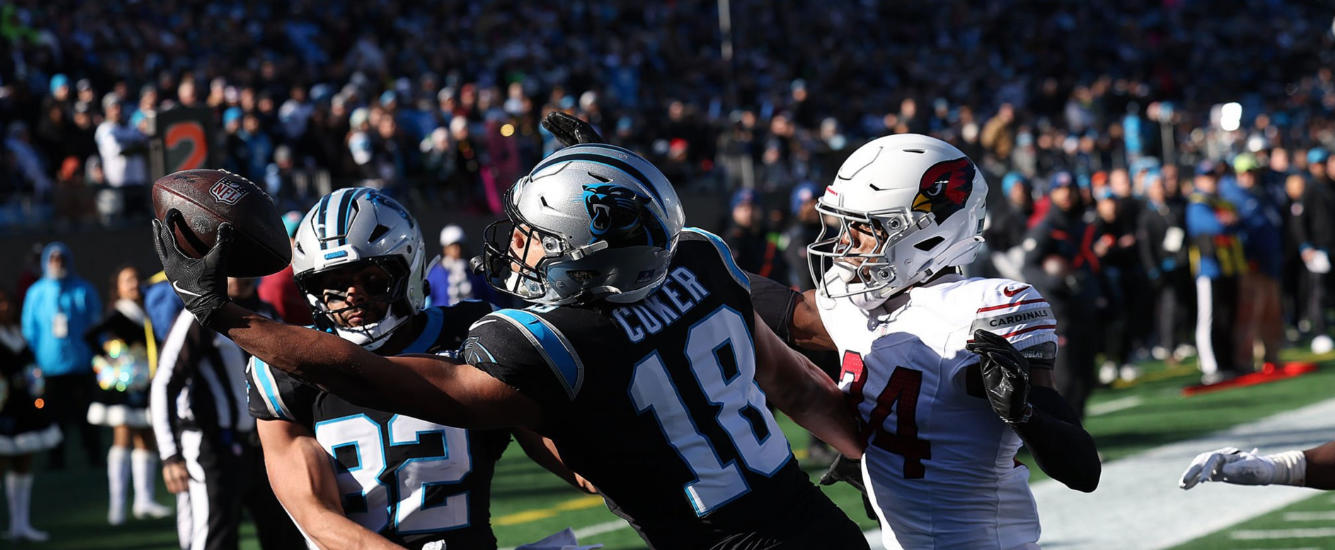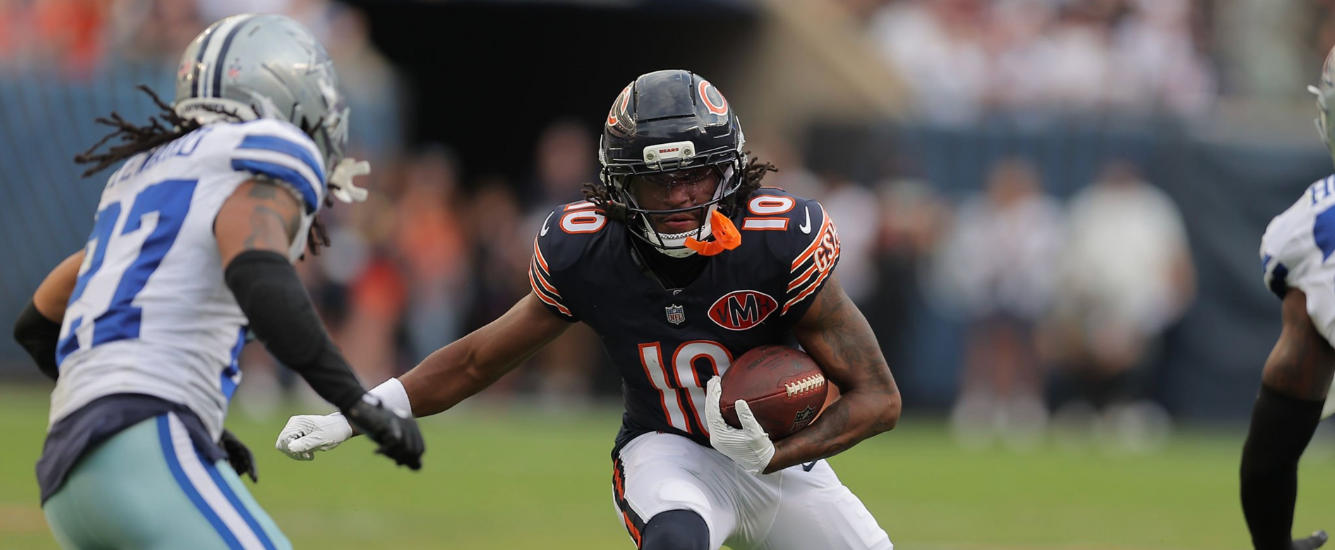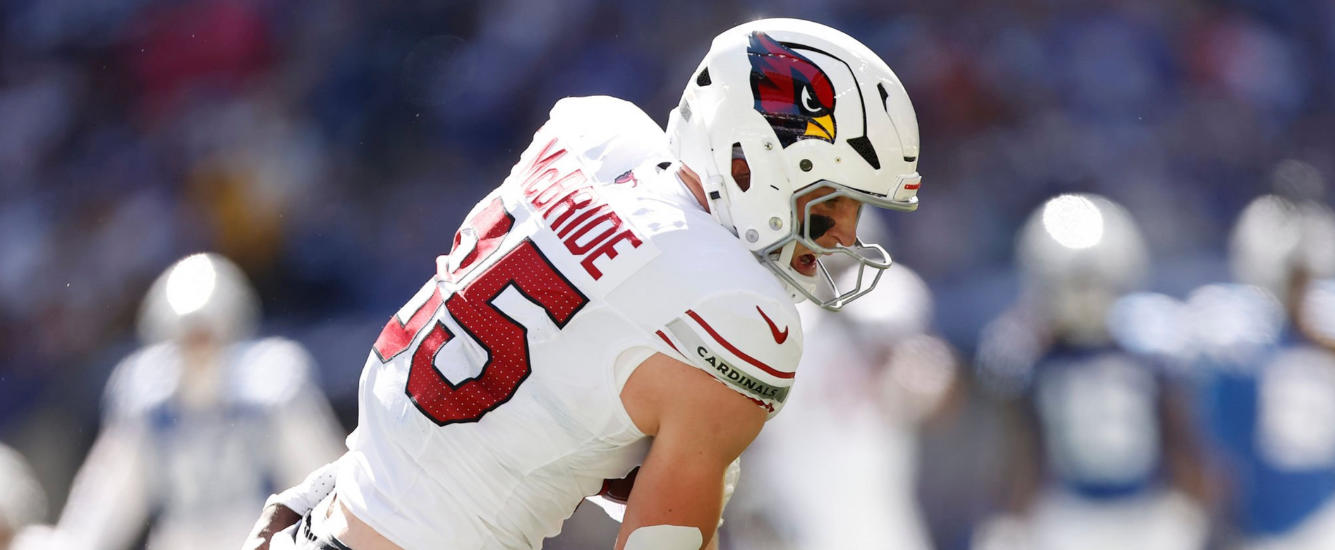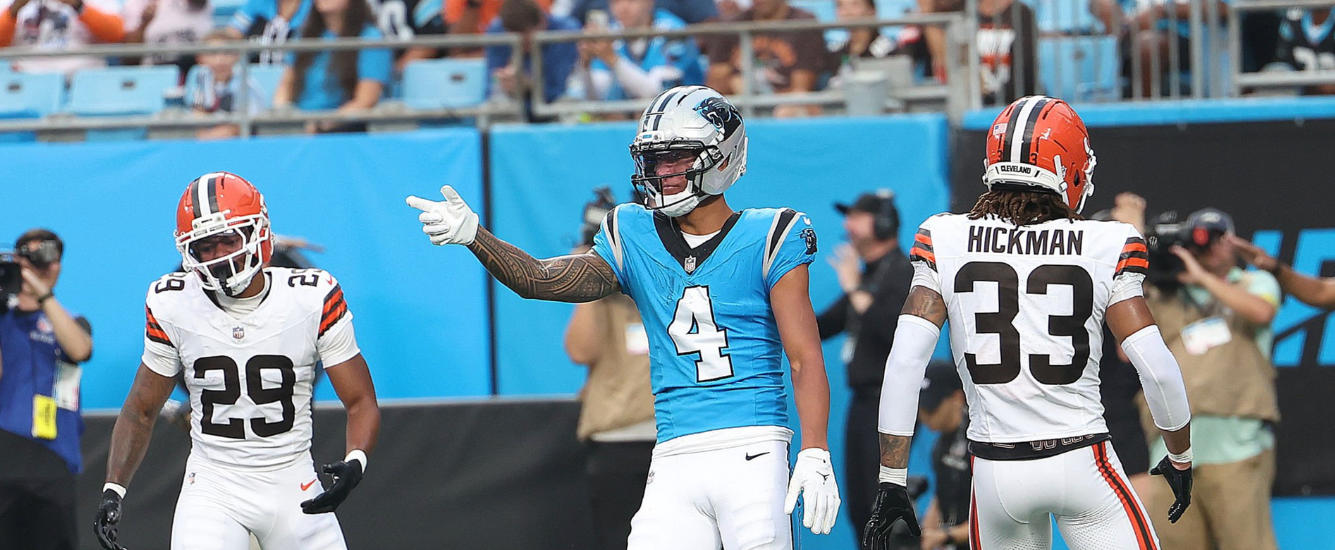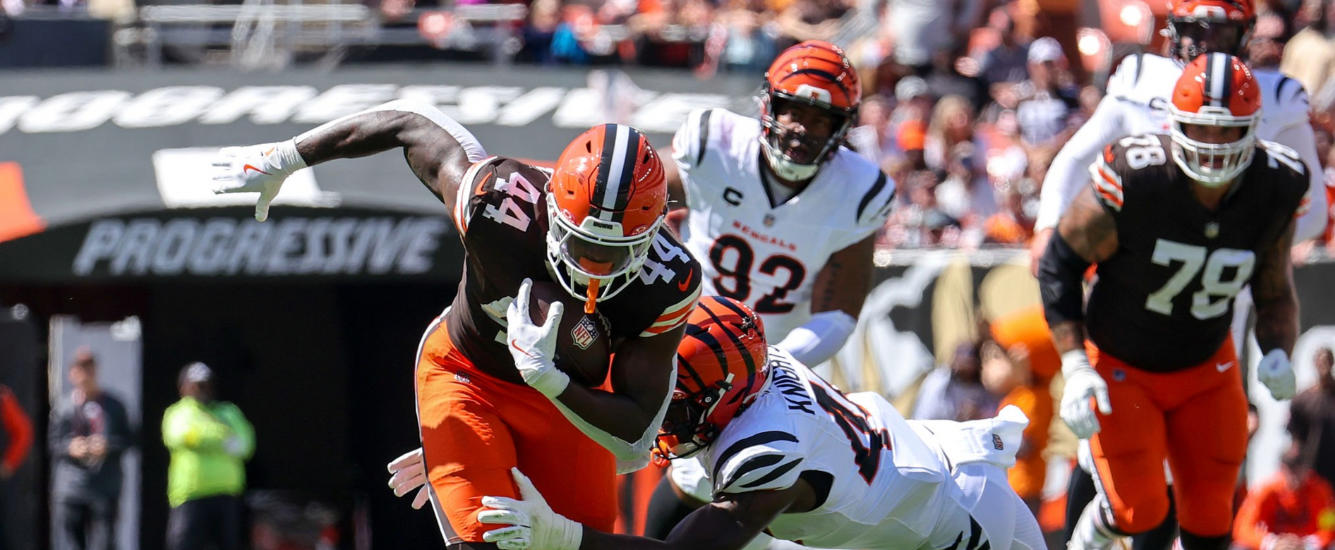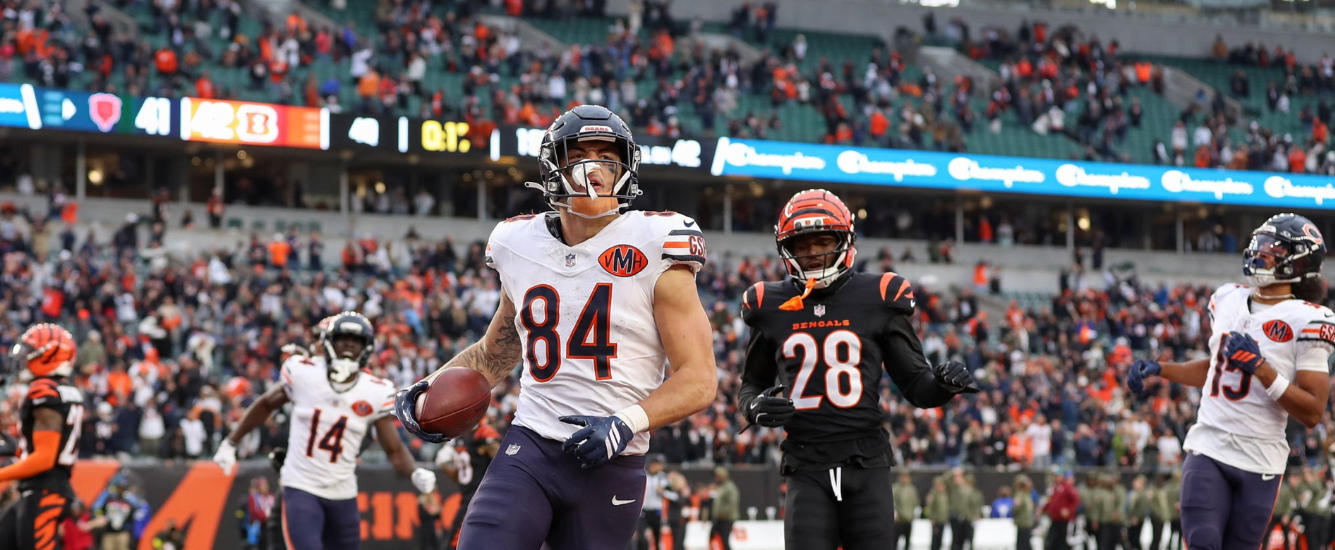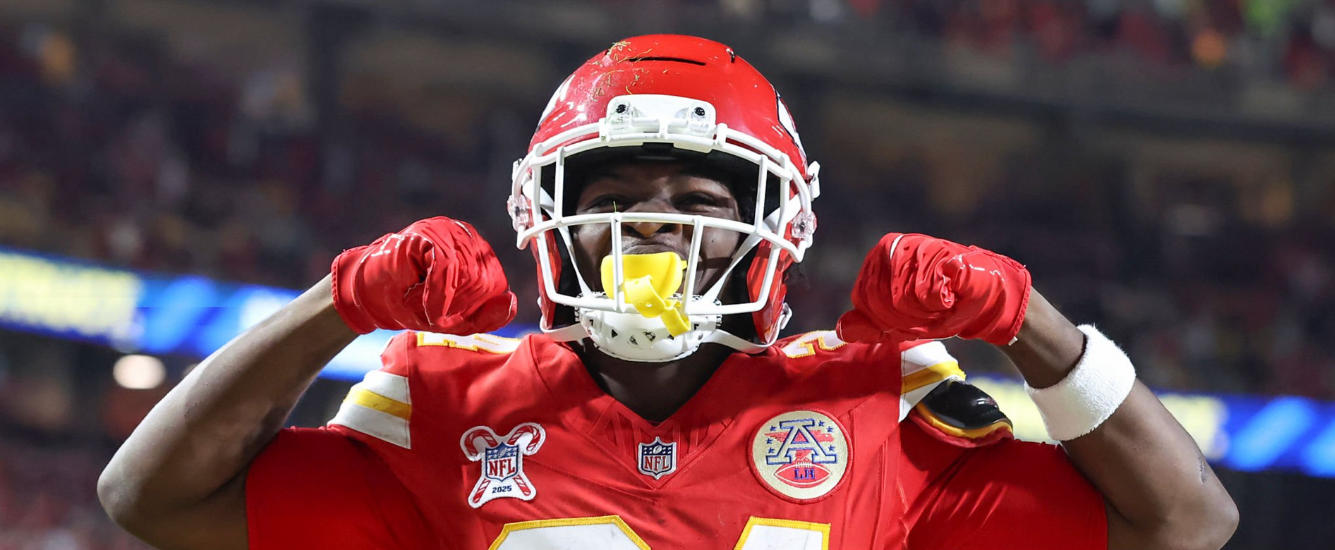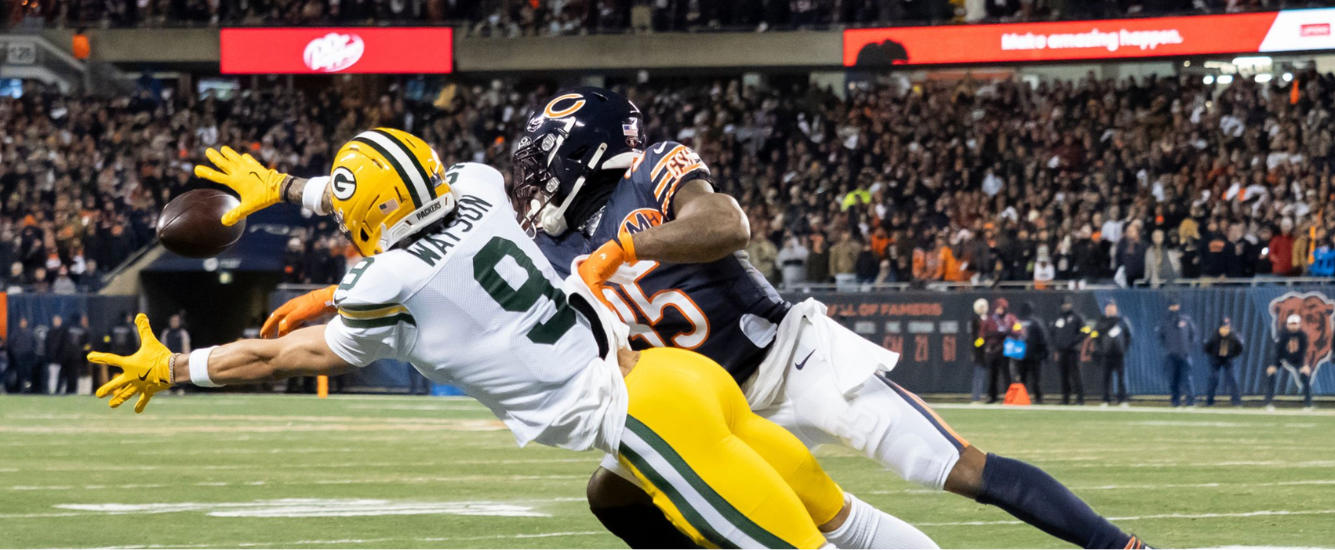Matthew Freedman recently tweeted an alarming list of players — first-round wide receivers since 2011 who spent at least four years in college:
2011-20: Round 1 WRs w/ 4+ years in college …
Brandon Aiyuk
Corey Davis
Mike Williams
John Ross
Corey Coleman
Josh Doctson
Kevin White
DeVante Parker
Phillip Dorsett
Tavon Austin
Justin Blackmon
Michael Floyd
Kendall Wright
A.J. Jenkins? RIP DeVonta Smith?
— Matthew Freedman (@MattFtheOracle) April 4, 2021
In the 53rd edition of the Wrong Read, I broke down the huge advantage declaring early gives WRs when it comes to NFL success. The above list of first-rounders who didn’t declare early makes this about as clear as you could hope. The list of players drafted later who stayed in school for four years is about as bad. But there are exceptions at every point in the draft: Anquan Boldin, T.Y. Hilton, Kenny Golladay, Brandon Marshall, Cooper Kupp, Tyreek Hill, Michael Gallup, D.J. Chark, Chase Claypool to name several. The real question is: are these exceptions predictable?
Why Some Players Don’t Declare Early
Not everyone I listed above, or indeed every successful NFL receiver who spent four years in college, has a single thing in common. But many do have some interesting traits. Chark and Claypool were Freak Score stars whose size and athleticism predicted they might be able to outplay the other aspects of their profiles. Aiyuk, Gallup, and Hill were all junior college transfers, which may indeed be a mitigating circumstance. Kupp played his entire career in the FCS, and neither Hilton nor Marshall went to Power-Five schools.[1]And Marshall did little as a receiver before his senior year. Boldin went to Florida State as a quarterback and converted to WR while he was there.
Apart from Chark and Claypool, what seems to unite the other players on the list above is that they did not have traditional full careers at the sort of schools that tend to produce top draft picks. In other words, their college careers were not as visible, and perhaps not sufficiently visible to generate the sort of buzz they deserved. If you were trying to predict which four-year players would succeed despite the clear advantage for underclassmen, you might look for players who didn’t get the opportunity to earn a high draft grade earlier in their college careers.
DeVonta Smith doesn’t appear to fit the mold of successful four-year players. He doesn’t have the size of a Chark or a Claypool.[2]Smith decided not to participate in any drills at Alabama’s pro day, so we don’t have a freak score number for him. But to give some context, even if he ran a 4.30 forty, he’d have a freak score of just 53. He didn’t transfer from junior college, but instead played at basically the most visible school in the country.
Could DeVonta Smith Have Declared Early?
Footnotes[+]Footnotes[−]

